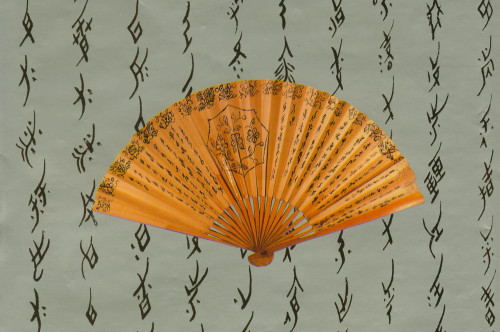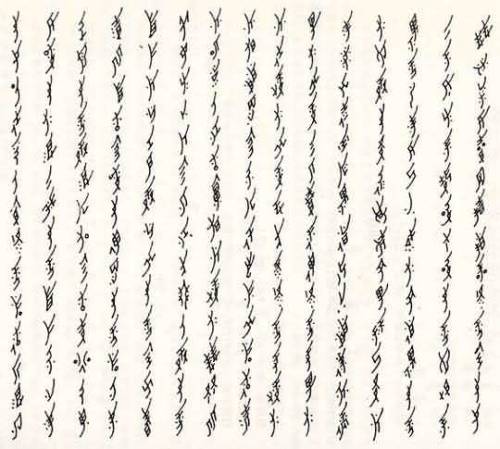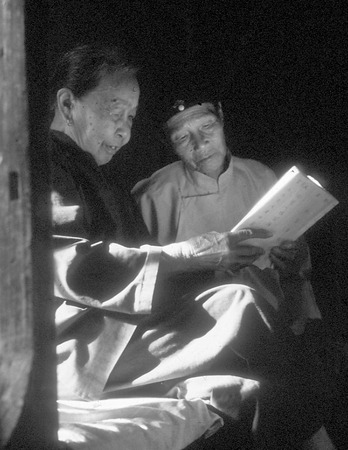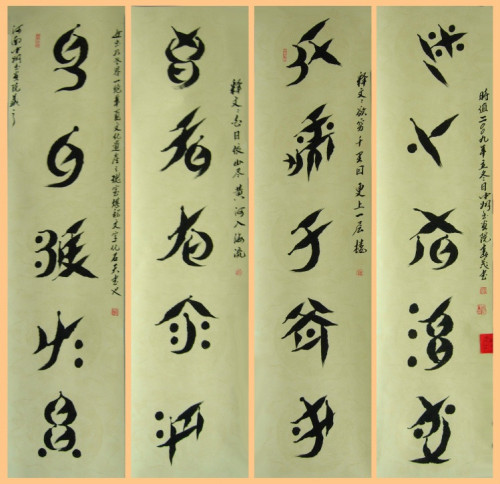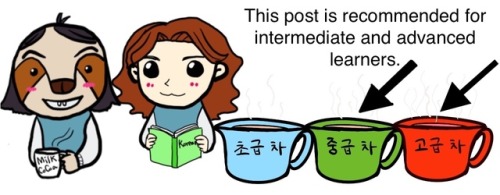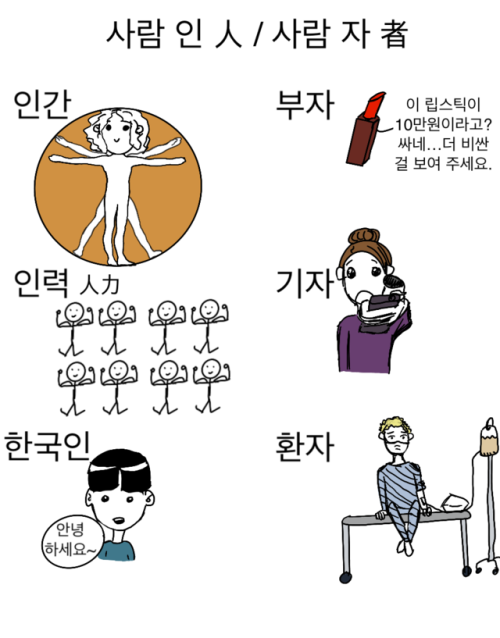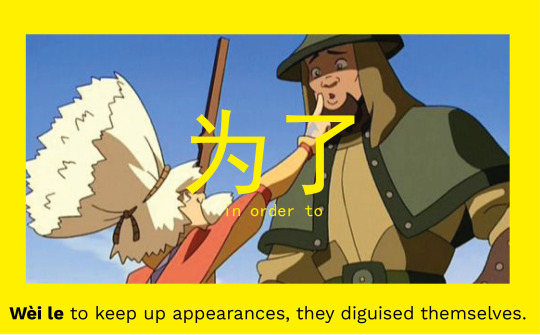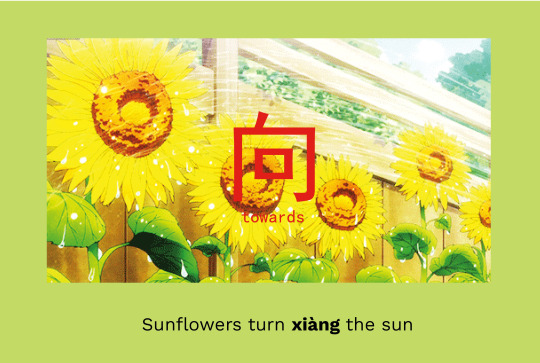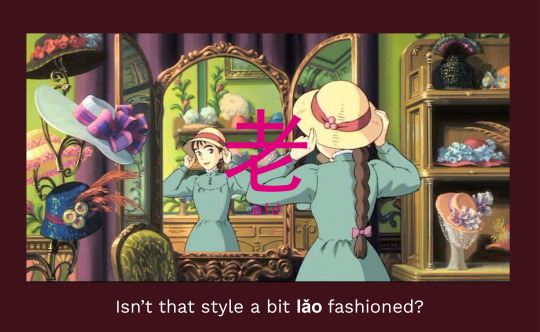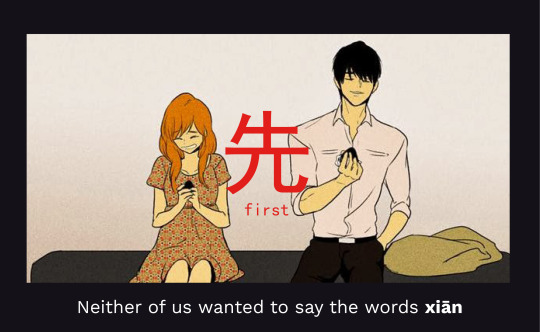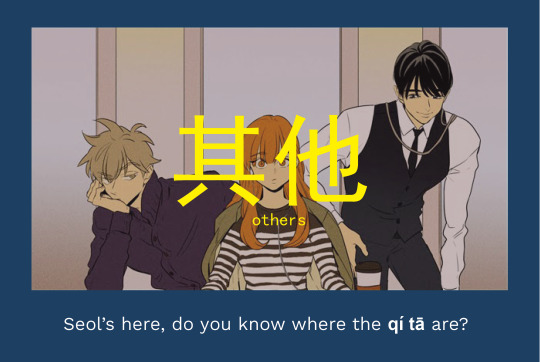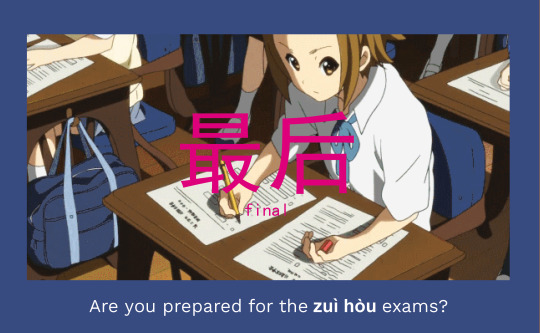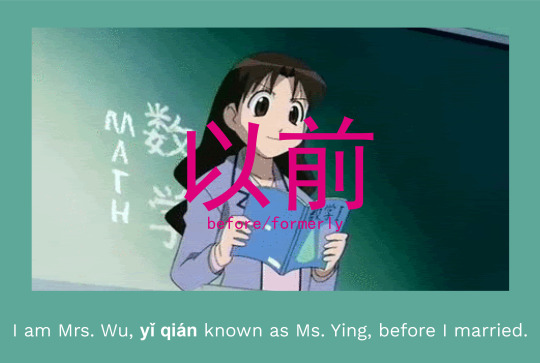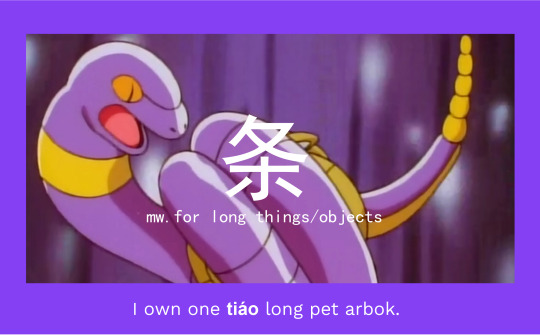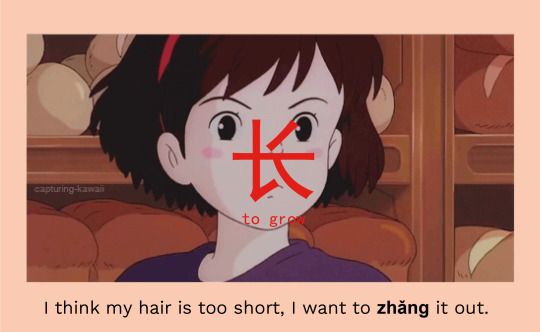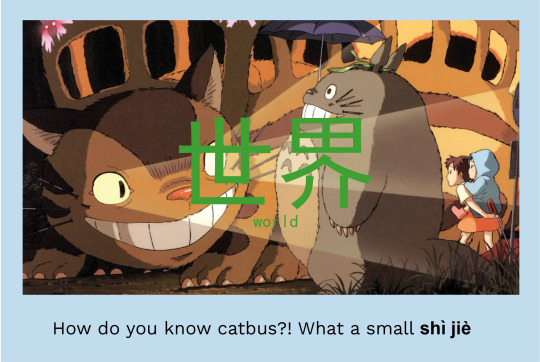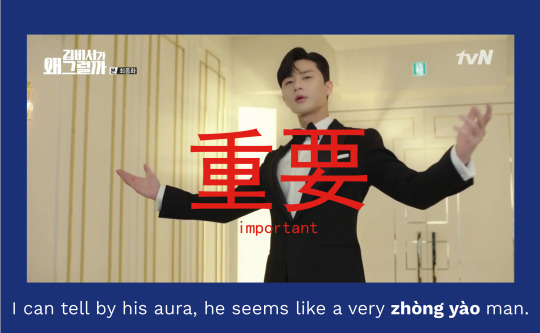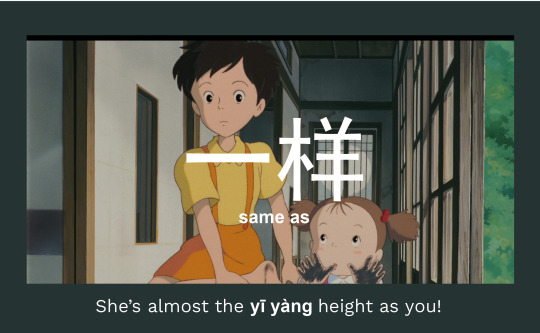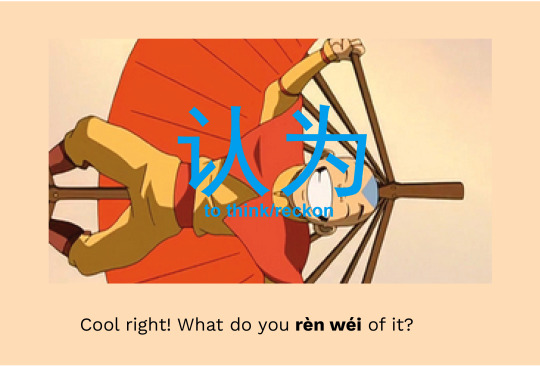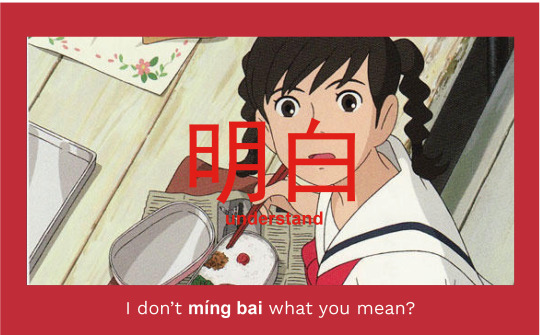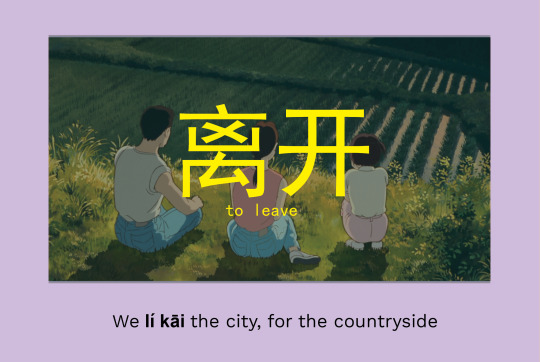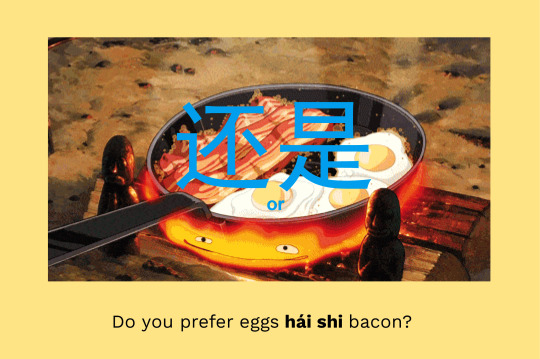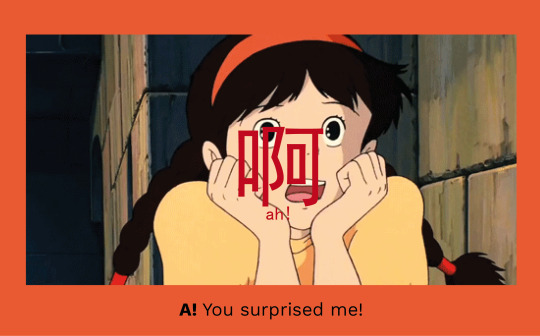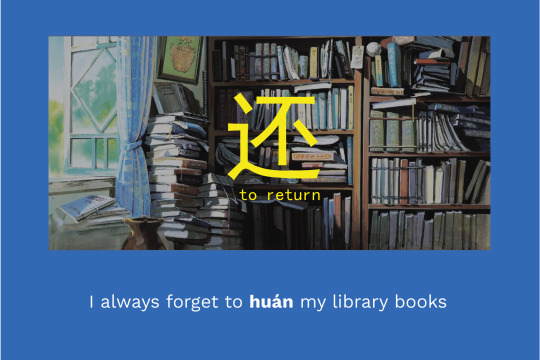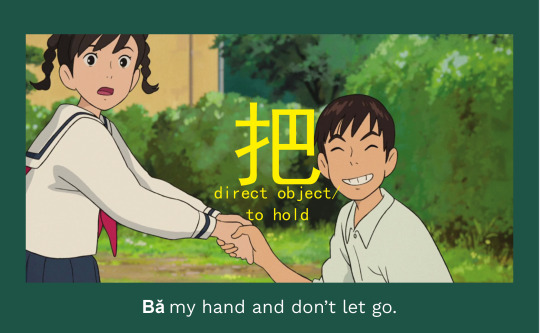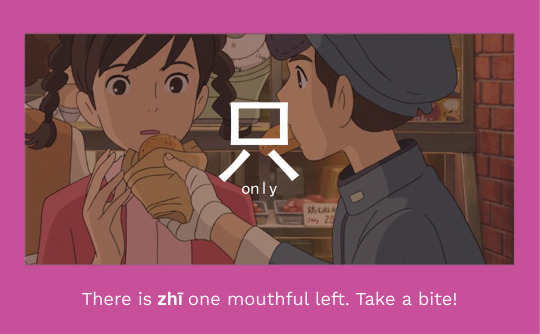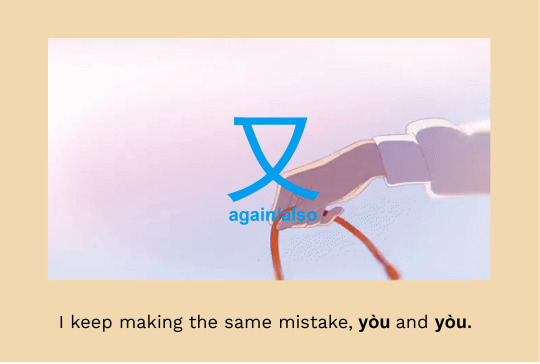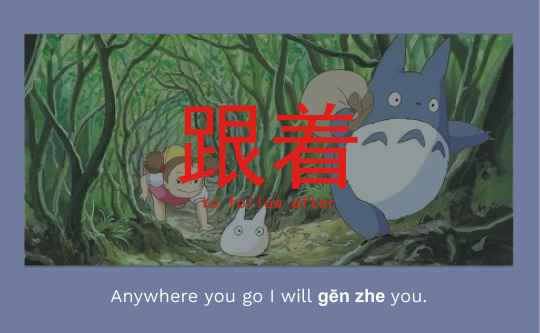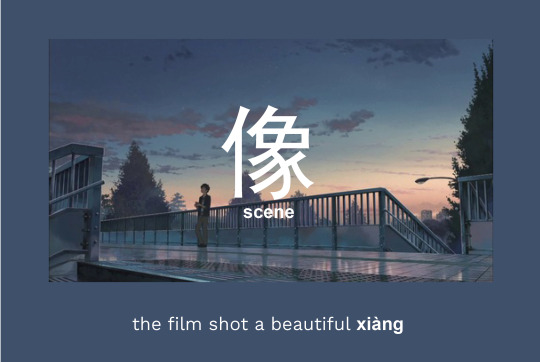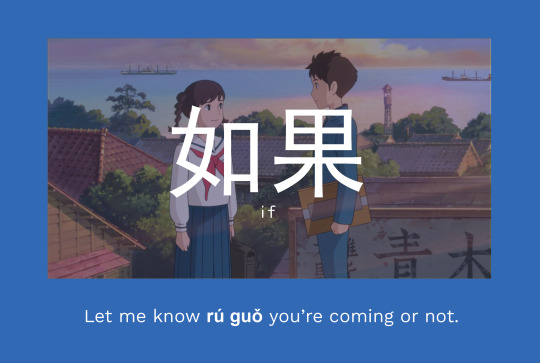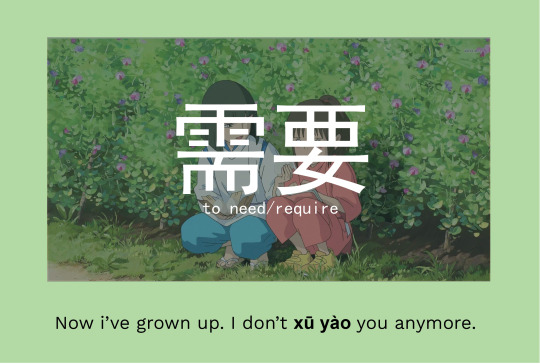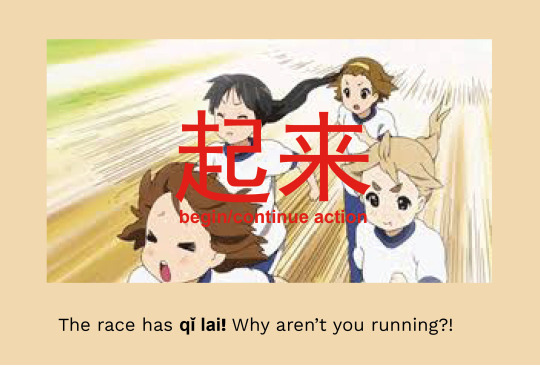#chinese characters
The past couple years I’ve been taking efforts to expose myself to traditional characters. But after 12+ years of primarily being exposed to simplified characters, the adjustment process is difficult. Let’s look at some characters that have made my life a bit more frustrating or that I’m thankful I never had to handwrite in Chinese classes!
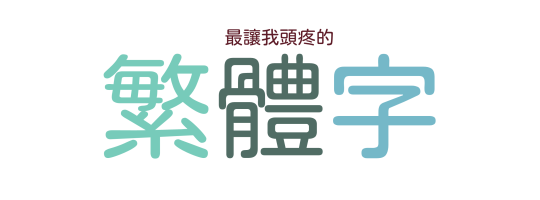
NOTE: My intention with this post is not to disrespect traditional characters. Sometimes I find that traditional characters are more beautiful! And even though I use simplified characters, I have family members who use traditional. My goal is simply to poke fun at myself and my struggles :-)
丰 / 豐 - This traditional character probably isn’t that hard to write, but I know from writing 幽默的幽 that I am not good at writing characters where there are elements inside the 山 component.
边 / 邊 - I was explaining the difference between simplified and traditional characters to someone. They asked me if I could write any traditional characters. I said that I probably could. I decided to try writing 邊. I soon realized I had literally no idea how to write it. 邊 and I are enemies now.
龟 / 龜 - I know a lot of people love this traditional character, but I butchered it so badly when my Chinese teacher made try to write it on the whiteboard. It haunts me to this day. I thought I understood strokes and stroke order well, but I look at 龜 and have no idea what is going on.
忧郁 / 憂鬱 - This doesn’t need an explanation. Writing 憂鬱 will make you 非常忧郁.
体 / 體 - This is a pretty common character, so I am very thankful I can get away with 体 instead of 體. My 骨s already don’t look great. A very thin 骨 would come out much worse.
铁 / 鐵 - In general I don’t like writing characters like 裁, 截, 戴, etc. because I am simply not good at getting the balance right. And the fact that the right side of 鐵 is so compressed/skinny is really just a recipe for disaster.
冲击 / 衝擊 - 6+5 strokes to 15+17 strokes? No way.
昼 / 晝 & 画 / 畫 & 书 / 書 & 划 / 劃 - I mentioned the first three of these in a recent post. I can’t really tell any of the traditional characters apart unless I put on my glasses and hold my face like an inch away from my laptop screen. 劃 is obviously more visually distinct, but I felt it should be grouped with its siblings. 10/10 not a fan.
为 / 為 / 爲 - 为 is so common—I really can’t imagine having to write so. many. strokes. every time I write 因为 or 为了 or whatever.
聋 / 聾 - Just 龙 to 龍 is already a lot. 龍 stacked on top of something else? I would not be able to cope. Poor 耳 will get squished down there!
断 / 斷 & 继 / 繼 - Too many 幺s. Yes, I know 幺 is very simple and only 3 strokes, but I can never manage to write it well! I get the angles wrong, of which I am very ashamed.
艺 / 藝 - I don’t know how to explain it…I just feel like 艺 and 藝 give off really different vibes, you know? So while I don’t have any trouble recognizing 藝 and associating it with 艺, something just feels off.
归 / 歸 - I have noticed that I don’t look how characters that can be divided into a 2x2 grid look, like 毁 for instance. So even though I actually don’t like writing 归 (t also comes out ugly and unbalanced), I don’t like 歸 either.
惊 / 驚 - I am incapable of writing 警 neatly so I just know I would not be able to make 驚 look nice.
飞 / 飛 - This one is not that complicated honestly, but just looking at it, I know 飛 would look so ugly if I tried to write it. I don’t even need to try.
听 / 聽 - I’m sure there is a sensible reason the two forms look so different, but I remember being so bewildering by this pair back in high school. So I’m going back to my roots by including 聽 here.
职识织 / 職識織 - Honestly I don’t think these characters are that bad, but I am incapable of recognizing the traditional versions no matter how often I see them. I really don’t know why. Every time I see them, I feel like I’ve never seen them before in my life.
几 / 幾 &机 / 機 - I remember these were the bane of my existence when I first began familiarizing myself with more traditional characters. I just could not associate 幾 with 几. Also the traditional characters have the 幺 and 戈 elements that we’ve already established I suck at writing.
灵 / 靈 - 3 little 口s in a row is too many for me. It’s good to know your limit, and this is mine.
钥 / 鑰 - This one bugs me because I think the right is the same as the right element of 輪, 論, and 倫 but it’s actually subtly different! And 3 little 口s in a row again!
艳 / 艶豔艷 - As you can see, this character has multiple traditional variants. I don’t think I have ever actually seen the middle one used, but regardless, I’m thankful that I do not have this character in my Chinese name.
卫 / 衛 - This is another traditional character that I hold a grudge against because I am simply incapable of remembering that 衛 is 卫. I think it’s because 衛 makes me think of 伟/偉, and 伟 obviously doesn’t look like 卫, so I can’t make the connection.
党 / 黨 - I know there is simply no way I could write this and have it fit in a square. It would come out like double the height it’s supposed to be. I can’t write 墨 well for my life either.
盐 / 鹽 - There’s a lovely song by 沈以诚 with this character as the title. It took me so long to realize what the title was because 鹽 displays so tiny on my computer that I couldn’t see the detail well enough to draw the character in Pleco!
单 / 單 - I am okay with 2 口s in a row, and I don’t mind 骂 for instance. But for some reason when I look at 單, it feels like the 口s are going to squish the bottom part!
Bonus: I thought it would only be fair to mention some simplified characters that I am not a fan of. My top pick is this group:
头 / 頭
实 / 實
买 / 買
卖 / 賣
读 / 讀
续 / 續
Whenever I write 头, it honestly looks so bad and unbalanced. I would prefer that the simplified versions of these characters be more faithful to the traditional versions just so I wouldn’t have to look at my ugly 头s!
I think I meant to share this in my Chinese names resources posts, but I guess I forgot! If you like learning about Chinese names, you absolutely must check this article out.
What can we tell from the evolution of Han Chinese names?

The highlight of this article is its amazing interactive graphics. Below is an example of one showing the top characters in male given names in different decades. As you can see, hovering over a character shows additional information.

There’s also a series of graphics that dive more in depth into each decade. I love seeing which characters occur together most!
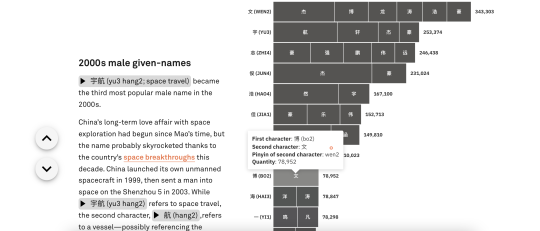
Make sure you use the arrows to see the data for female names too.

Lastly, you can see how the characters in your Chinese name rank.
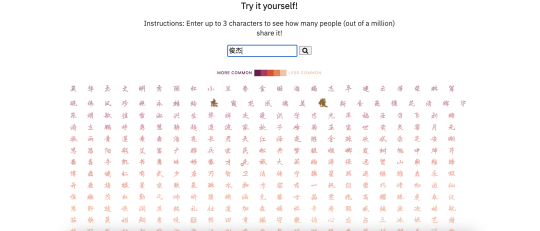
Now go forth and nerd out, fellow name nerds!
I’ve seen a lot of posts floating around in the Chinese teaching/learning scene about similar characters like 己 & 已 and 未 & 末. But these posts never seem to include the characters that I have the most difficulty with! So I made my own :)
Note: Some of these characters don’t look similar if you use traditional characters, but I primarily use simplified.
怒 nù - anger / fury / flourishing / vigorous
恕 shù - to forgive
This is an example of one-way confusion. I learned 恕 as part of the phrase 恕我直言, but now, whenever I see 恕 I think it’s 怒 at first. But never the other way around.
拨 bō - to push aside with the hand, foot, a stick etc / to dial / to allocate / to set aside (money) / to poke (the fire) / to pluck (a string instrument) / to turn round / classifier: group, batch
拔 bá - to pull up / to pull out / to draw out by suction / to select / to pick / to stand out (above level) / to surpass / to seize
In class once I wrote what I thought was 拔 on the board…it was 拨. I was very embarrassed. These two always trip me up! They are by far my least favorite duo on this list.
苛 kē - severe / exacting
苟 gǒu - if / supposing / careless / negligent / temporarily / surname Gou
For some reason I am most embarrassed about confusing these two. I think it’s because when I look closely and carefully, they don’t seem that similar. But if I am not looking closely and carefully, they cause confusion.
茶 chá - tea / tea plant
荼 tú - thistle / common sowthistle (Sonchus oleraceus) / bitter (taste) / cruel / flowering grass in profusion
I saw a chengyu with 荼 (如火如荼) and totally thought it was 茶. I was so shocked when I realized otherwise! I guess the chengyu wouldn’t make much sense with 茶…oh well.
竟 jìng - unexpectedly / actually / to go so far as to / indeed
竞 jìng - to compete / to contend / to struggle
On the bright side, since these two characters are pronounced exactly the same, at least you don’t really have to worry about that aspect. The big issue would just be writing the wrong one.
丰 fēng - abundant / plentiful / fertile / plump / great / surname Feng
韦 wéi - soft leather / surname Wei
These characters are both last names, so watch out. You wouldn’t want to misread 韦礼安 as 丰礼安 or something.
暧 ài - (of daylight) dim / obscure / clandestine / dubious
暖 nuǎn - warm / to warm
These two really give me a headache. I need my glasses to tell them apart! They look a bit more distinct in traditional, but I still managed to think 暧/曖 by 孙盛希 was called 暖 for a solid month or so.
呜 wū - (onom.) for humming or whimpering
鸣 míng - to cry (of birds, animals and insects) / to make a sound / to voice (one’s gratitude, grievance etc)
I don’t really have an issue with 鸟 and 乌, but for some reason 鸣 and 呜 trip me up. I might need my glasses for them too haha.
妹 mèi - younger sister
姝 shū - pretty woman
I’ve seen both these characters in names. Except I thought 姝 was 妹. I blame 张惠妹! I think for the rest of my life I’ll be paranoid about saying someone’s name incorrectly due to these two.
廷 tíng - palace courtyard
延 yán - to prolong / to extend / to delay / surname Yan
I don’t actually know any words with 廷, but it can be used in names. In my experience, it’s especially common in Taiwan. But I have also seen 延 in names, so sometimes I have do a double take.
Honorable mention:
昼/晝 zhòu - daytime
画/畫 huà - to draw / picture / painting
书/書 shū - book / letter / document / to write
Whenever I read something in traditional Chinese, these triplets are the bane of my existence. I’ve given up on trying to distinguish them and just guess from context instead. People use use traditional, how do you do it?
The Most Satisfying Feeling I Get from Learning Chinese
One of the most satisfying feelings I’ve experienced in learning Chinese is the feeling I get after hearing a new word and just *understanding* it. This isn’t that hard when reading (and that’s why we love 汉字), but when it comes to listening, it’s a whole different story. So the moments when I’ve heard a new word and intuitively known what 汉字 it consists of plus its meaning of have made me feel so accomplished. Over time I’ve jotted down some of these words, and I thought they would make a fun post.
- 迷失 míshī - to lose (one’s bearings) / to get lost
I was able to understand this word thanks to knowing words like 迷路, 迷茫, 失去, and 消失. I first remember identifying this word in Escape Plan’s song 夜空中最亮的星. - 旅途 lǚtú - journey / trip
I know a lot of words with 旅 like 旅游, 旅行, and 旅程, and I was also familiar with 途 via 路途 and 前途. So 旅途 was very easy for me to understand. - 心愿 xīnyuàn - cherished desire / dream / craving / wish / aspiration
心愿 is similar in meaning to 愿望 and 意愿, which I already knew. I believe I first heard this word in the song 有点甜 by 汪苏泷 and BY2. - 高傲 gāo'ào - arrogant / haughty / proud
I heard this word in the song 寻宝 by 沈以诚. I’ve listened to this song many times, and one day it just clicked! It’s all thanks to the similar words 骄傲 and 傲慢. - 安稳 ānwěn - smooth and steady
There are so many words with 安 like 安定 and 平安. I also know some 稳 words, such as 稳定 and 平稳. So I was able to put two and two together for 安稳. - 还原 huányuán - to restore to the original state / to reconstruct (an event)
The meaning of 还 here is very familiar from 还给 and 还清. Also, I know a lot of words with 原: 原来, 原本, 原始, 原先. - 选拔 xuǎnbá - to select the best
There are so many 选 words I see all the time like 精选, 选举, and 选择. I also know 拔 from 拔苗助长 and 自拔, so I was able to piece together the overall meaning of 选拔. - 解压 jiěyā - to relieve stress
I’ve already learned the word 缓解 which is related in meaning. Also, I’ve learned 施压 (or 施加压力), which is basically the opposite of 解压. - 感人 gǎnrén - touching / moving
I think this word is pretty easy to put together if you know similar words like 感染, 感动, and 动人. - 认输 rènshū - to concede / to admit defeat
I distinctly remember hearing this word in the Tanya Chua song 救生圈. I think I was able to understand it thanks to knowing that 认 can mean to admit like in the words 承认 and 公认.
Here’s to many more of these satisfying moments in 2022!
Rare and Common Chinese Syllables
Recently I was doing a little light research on the rarest syllables in Chinese.* I discovered that I didn’t know any characters for some of the rare syllables I found, so I started wondering what syllables are the most common and the rarest in my vocabulary. I decided to undertake the unnecessary task of chronicling how many characters I know for each possible Chinese syllable.**
There are apparently 400+ possible Chinese syllables, and I only have so much time, so I’m sure I missed a character that I know here or there. However, the top 5 most common syllables (which I’m showing below) had a substantial lead over #6, so I’m fairly confident they are my true top 5. And for all the syllables presented below, I checked MDBG to confirm I wasn’t forgetting any characters.
*Rare in this case meaning how many characters exist for a syllable, not how often a syllable is used in the language. The latter would be an interesting but very different question. Also, I’m not taking into account tones here, and I am only considering simplified characters.
**I don’t have a perfect definition for what characters I “know.” I basically tried to include only characters I’m fairly confident I can write. There are definitely more characters out there that I recognize, but I didn’t want to include any that I believe I can’t read correctly out of context. I was a little more liberal for the rare category though.
Most Common
1)ji:几、给、极、寄、及、记、级、集、机、季、计、基、鸡、即、吉、击、纪、积、继、济、急、技、际、挤、激、辑、既、绩、肌、疾、己、忌、迹、寂、棘、圾、讥(37)
2)yi:一、以、亿、亦、翼、已、遗、易、义、艺、仪、异、依、议、益、医、意、译、奕、伊、疫、忆、宜、衣、移、逸、毅、怡、谊、疑、姨、椅、裔、邑、抑(35)
3)yu:鱼、与、玉、愈、于、语、预、余、雨、宇、予、域、遇、育、豫、钰、寓、昱、煜、喻、欲、狱、羽、裕、郁、虞、娱、妤、瑜、誉、浴、吁、愚、俞(34)
4)shi:是、十、试、使、诗、拾、时、市、师、室、适、式、实、事、视、石、势、史、识、世、狮、食、士、释、始、施、氏、示、失、湿、饰、逝、嗜(33)
5)qi:七、骑、器、起、期、其、企、气、奇、齐、启、弃、琦、淇、柒、棋、旗、绮、妻、契、麒、琪、汽、岂、歧、祺、戚、欺、祈、乞、泣、凄(32)
I was not surprised to see yi, ji, qi, and shi make the top 5. That lion-poet-rock verse exists for a reason, and I feel like yi, ji, and qi are just everywhere. Yu was a bit of a surprise, but it makes sense since I like to research Chinese names, and a lot of the characters I listed for yu are used in names.
Rarest
For the sake of brevity, I’m only showing 25 syllables max for each category. There were simply too many for me to list them all.
First are syllables for which I only know 2 characters:
- ang:昂、肮
- cang:藏、苍
- ceng:曾、层
- gen:跟、根
- geng:更、庚
- gun:滚、棍
- hei:黑、嘿
- ken:肯、恳
- kuan:款、宽
- niang:娘、酿
- pen:喷、盆
- qun:群、裙
- re:热、惹
- reng:仍、扔
- rou:肉、柔
- ruan:阮、软
- ruo:若、弱
- sai:赛、塞
- shua:刷、耍
- sun:孙、损
- te:特、忑
- wai:外、歪
- zhua:抓、爪
- zhui:追、坠
- zun:尊、遵
Next are syllables for which I only know 1 character:
- ca:擦
- cen:岑
- dei:得
- diu:丢
- fo:佛
- fou:否
- gei:给
- luan:乱
- lve:略
- nen:嫩
- neng:能
- nin:您
- nuan:暖
- nv:女
- nve:虐
- qia:恰
- ri:日
- run:润
- sen:森
- shei:谁
- shuan:拴
- tuan:团
- weng:翁
- zen:怎
- zhuai:拽
What I find really interesting is how some of the syllables above are ones I encounter all the time while others are ones I only even heard relatively recently. For instance, I was a bit surprised that I only know one character each for luan and nv. I guess since 乱 and 女 are very commonplace, I feel like those syllables are everywhere, and it never occurred to me that I only know one luan and one nv character. But I remember furrowing my brow when I first learned 拴 and 虐. They feel unnatural to say honestly! I have to think about it for a sec.
Lastly, here are syllables for which I didn’t know any characters.
- chua
- chuai
- chuo
- cou
- cuan
- den
- dia
- ei
- kei
- keng
- nou
- pou
- seng
- zei
- zuan
Some of these definitely elicited a “what? This is a legit Chinese syllable?” reaction from me. When I think about it more carefully, it makes sense that some, like chuo, exist. After all, I encounter zhuo and shuo all the time. But since I’ve never heard chuo, I guess it surprises me! Zei and dia strike me as the most unusual. Were you surprised by any of the syllables on this list?
If you’re interested in learning about the rarest syllables in general (not for me specifically), here’s some of the stuff I read:

See also: Variant Characters You Should Know
Whoops! I accidentally published a draft of this post early a few weeks ago, and some people liked and reblogged it. If you saw it…pretend you didn’t.
I’ve kind of inadvertently started a Cross-Strait series on this blog comparing Mandarin Chinese in Mainland China and Taiwan. This post is a continuation of this unofficial series. It is NOT intended to be comprehensive. For example, some of the characters below can be surnames but are not marked as such because I’ve never encountered them (meaning they are likely very rare). More obscure variants aren’t indicated either.
Definitions are from MDBG. Please let me know if you notice any errors.
發、髮 → 发
发 | 發 fā - to send out / to show (one’s feeling) / to issue / to develop / to make a bundle of money / classifier for gunshots (rounds)
>> 发送 | 發送 fāsòng - to transmit / to dispatch / to issue (an official document or credential)发 fà | 髮 fǎ - hair
>> 发型 fàxíng | 髮型 fǎxíng - hairstyle / coiffure / hairdo
只、隻 → 只
只 zhǐ - only / merely / just / but
>> 只要 zhǐyào - if only / so long as只 | 隻 zhī - classifier for birds and certain animals, one of a pair, some utensils, vessels etc
>> 一只猫 | 一隻貓 yì zhī māo - one cat
游、遊 → 游
游 yóu - to swim / variant of 游 | 遊
>> 游泳 yóuyǒng - swimming / to swim游 | 遊 yóu - to walk / to tour / to roam / to travel
>> 游览 | 遊覽 yóulǎn - to go sightseeing / to tour / to visit
塗、涂 → 涂
涂 | 塗 tú - to apply (paint etc) / to smear / to daub / to blot out / to scribble / to scrawl / (literary) mud / street
>> 糊涂 hútu | 糊塗 hútú - muddled / silly / confused涂 Tú - surname Tu
>> Actor 涂松岩 (Tu Songyan)
噹、当 → 当
当 | 噹 dāng - (onom.) dong / ding dong (bell)
>> 叮当 | 叮噹 dīngdāng - ding dong / jingling of bells / clanking sound当 | 當 dāng - to be / to act as / manage / withstand / when / during / ought / should / match equally / equal / same / obstruct / just at (a time or place) / on the spot / right / just at
>> 相当 | 相當 xiāngdāng - equivalent to / appropriate / considerably / to a certain extent / fairly / quite当 | 當 dàng - at or in the very same… / suitable / adequate / fitting / proper / to replace / to regard as / to think / to pawn / (coll.) to fail (a student)
>> 适当 | 適當 shìdàng - suitable / appropriate
別、彆 → 别
别 | 別 bié - to leave / to depart / to separate / to distinguish / to classify / other / another / don’t …! / to pin / to stick (sth) in
>> 离别 | 離別 líbié - to leave (on a long journey) / to part from sb别 | 彆 biè - to make sb change their ways, opinions etc
>> 别扭 bièniu | 彆扭 bièniǔ - awkward / difficult / uncomfortable / not agreeing / at loggerheads / gauche
胡、鬍 → 胡
胡 hú - surname Hu / non-Han people, esp. from central Asia / reckless / outrageous / what? / why? / to complete a winning hand at mahjong (also written 和)
>> 胡说 | 胡說 húshuō - to talk nonsense / drivel胡 | 鬍 hú - beard / mustache / whiskers
>> 胡子 | 鬍子 húzi - beard / mustache or whiskers / facial hair
面、麵 → 面
面 miàn - face / side / surface / aspect / top / classifier for objects with flat surfaces such as drums, mirrors, flags etc
>> 面对 | 面對 miànduì - to confront / to face面 | 麵 miàn - flour / noodles / (of food) soft (not crunchy) / (slang) (of a person) ineffectual / spineless
>> 拉面 | 拉麵 lāmiàn - pulled noodles / ramen
乾、幹、干 → 干
干 | 乾 gān - dry / clean / in vain / dried food / foster / adoptive / to ignore
>> 干脆 | 乾脆 gāncuì - straightforward / clear-cut / blunt (e.g. statement) / you might as well / simply干 gān - to concern / to interfere / shield / stem
>> 干扰 | 干擾 gānrǎo - to disturb / to interfere / perturbation / interference (physics)干 | 幹 gàn - tree trunk / main part of sth / to manage / to work / to do / capable / cadre / to kill (slang) / to fuck (vulgar) / (coll.) pissed off / annoyed
>> 树干 | 樹幹 shùgàn - tree trunk
余、餘 → 余
余 yú - surname Yu / (archaic) I / me / variant of 余|餘, surplus
>> Author 余华 (Yu Hua)余 | 餘 yú - extra / surplus / remaining / remainder after division / (following numerical value) or more / in excess of (some number) / residue (math.) / after / I / me
>> 多余 | 多餘 duōyú - superfluous / unnecessary / surplus
于、於 → 于
于 yú - surname Yu / to go / to take / sentence-final interrogative particle / variant of 于 | 於
>> Singer 于文文 (Yu Wenwen/Kelly Yu)于 | 於 yú - in / at / to / from / by / than / out of
>> 对于 | 對於 duìyú - regarding / as far as sth is concerned / with regards to
后、後 → 后
后 hòu - empress / queen / (archaic) monarch / ruler
>> 皇后 huánghòu - empress / imperial consort后 | 後 hòu - back / behind / rear / afterwards / after / later / post-
>> 后悔 | 後悔 hòuhuǐ - to regret / to repent
台、檯、臺、颱 → 台
台 | 檯 tái - desk / table / counter
>> 台灯 | 檯燈 táidēng - desk lamp / table lamp台 | 臺 tái - platform / stage / terrace / stand / support / station / broadcasting station / classifier for vehicles or machines
>> 舞台 | 舞臺 wǔtái - stage / arena / fig. in the limelight台 | 颱 tái - typhoon
>> 台风 | 颱風 táifēng - hurricane / typhoon
捨、舍 → 舍
舍 | 捨 shě - to give up / to abandon / to give alms
>> 不舍 | 不捨 bùshě - reluctant to part with (sth or sb) / unwilling to let go of舍 shè - residence
>> 宿舍 sùshè - dormitory / dorm room / living quarters / hostel
志、誌 → 志
志 zhì - aspiration / ambition / the will
>> 志愿 | 志願 zhìyuàn - aspiration / ambition / to volunteer志 | 誌 zhì - sign / mark / to record / to write a footnote
>> 标志 | 標誌 biāozhì - sign / mark / symbol / logo / to symbolize / to indicate / to mark
裏、裡、里 → 里
里 | 裡 lǐ - lining / interior / inside / internal
里 | 裏 lǐ - variant of 里 | 裡
>> 里头 | 裡頭 lǐtou - inside / interior里 lǐ - ancient measure of length, approx. 500 m / neighborhood / ancient administrative unit of 25 families / (Tw) borough, administrative unit
>> 公里 | 公里 gōnglǐ - kilometer
範、范 → 范
范 | 範 fàn - pattern / model / example
>> 模范 | 模範 mófàn - model / fine example范 Fàn - surname Fan
>> Actress 范冰冰 (Fan Bingbing)
並、併 → 并
并 | 並 bìng - and / furthermore / also / together with / (not) at all / simultaneously / to combine / to join / to merge
>> 并且 | 並且 bìngqiě - and / besides / moreover / furthermore / in addition并 | 併 bìng - to combine / to amalgamate
>> 合并 | 合併 hébìng - to merge / to annex
*合并 also exists as a variant
丑、醜 → 丑
丑 chǒu - clown / 2nd earthly branch: 1-3 a.m., 12th solar month (6th January to 3rd February), year of the Ox / ancient Chinese compass point: 30°
>> 小丑 xiǎochǒu - clown丑 | 醜 chǒu - shameful / ugly / disgraceful
>> 丑陋 | 醜陋 chǒulòu - ugly
松、鬆 → 松
松 sōng - pine
>> 松树 | 松樹 sōngshù - pine / pine tree松 | 鬆 sōng - loose / to loosen / to relax / floss (dry, fluffy food product made from shredded, seasoned meat or fish, used as a topping or filling)
>> 放松 | 放鬆 fàngsōng - to loosen / to relax
准、準 → 准
准 zhǔn - to allow / to grant / in accordance with / in the light of
>> 不准 bùzhǔn - not to allow / to forbid / to prohibit准 | 準 zhǔn - accurate / standard / definitely / certainly / about to become (bride, son-in-law etc) / quasi- / para-
>> 标准 | 標準 biāozhǔn - (an official) standard / norm / criterion
曆、歷 → 历
历 | 曆 lì - calendar
>> 日历 | 日曆 rìlì - calendar历 | 歷 lì - to experience / to undergo / to pass through / all / each / every / history
>> 历来 | 歷來 lìlái - always / throughout (a period of time) / (of) all-time
吁、籲 → 吁
吁 xū - sh / hush
>> 吁吁 xūxū - to pant / to gasp for breath吁 | 籲 yù - to implore
>> 呼吁 | 呼籲 hūyù - to call on (sb to do sth) / to appeal (to) / an appeal
須、鬚 → 须
须 | 須 xū - must / to have to / to wait
>> 必须 | 必須 bìxū - to have to / must / compulsory / necessarily须 | 鬚 xū - beard / mustache / feeler (of an insect etc) / tassel
>> 胡须 | 鬍鬚 húxū - beard
表、錶 → 表
表 biǎo - exterior surface / family relationship via females / to show (one’s opinion) / a model / a table (listing information) / a form / a meter (measuring sth)
>> 表面 | 表面 biǎomiàn - surface / face / outside / appearance表 | 錶 biǎo - wrist or pocket watch
>> 手表 | 手錶 shǒubiǎo - wrist watch
臟、髒 → 脏
脏 | 臟 zàng - viscera / (anatomy) organ
>> 心脏 | 心臟 xīnzàng - heart脏 | 髒 zāng - dirty / filthy / to get (sth) dirty
>> 脏话 | 髒話 zānghuà - profanity / obscene language / speaking rudely
刮、颳 → 刮
刮 guā - to scrape / to blow / to shave / to plunder / to extort
>> 刮痧 guāshā - gua sha (technique in traditional Chinese medicine)刮 | 颳 guā - to blow (of the wind)
>> 刮风 | 颳風 guāfēng - to be windy
困、睏 → 困
困 kùn - to trap / to surround / hard-pressed / stranded / destitute
>> 困难 | 困難 kùnnan - difficult / challenging / straitened circumstances / difficult situation困 | 睏 kùn - sleepy / tired
緻、致 → 致
致 | 緻 zhì - (bound form) fine / delicate
>> 细致 | 細緻 xìzhì - delicate / fine / careful / meticulous / painstaking致 zhì - to send / to devote / to deliver / to cause / to convey
>> 导致 | 導致 dǎozhì - to lead to / to create / to cause / to bring about
儘、盡 → 尽
尽 | 儘 jǐn - to the greatest extent / (when used before a noun of location) furthest or extreme / to be within the limits of / to give priority to
>> 尽早 | 儘早 jǐnzǎo - as early as possible尽 | 盡 jìn - to use up / to exhaust / to end / to finish / to the utmost / exhausted / finished / to the limit (of sth) / all / entirely
>> 尽头 | 盡頭 jìntóu - end / extremity / limit*There are some words like 尽量 where 盡量 and 儘量 are both possible.
制、製 → 制
制 zhì - system / to control / to regulate / variant of 制 | 製
>> 控制 kòngzhì - control / to exercise control over / to contain制 | 製 zhì - to manufacture / to make
>> 制造 | 製造 zhìzào - to manufacture / to make
注、註 → 注
注 zhù - to inject / to pour into / to concentrate / to pay attention / stake (gambling) / classifier for sums of money / variant of 注 | 註
>> 注重 zhùzhòng - to pay attention to / to emphasize注 | 註 zhù - to register / to annotate / note / comment
>> 注定 | 註定 zhùdìng - to foreordain / to be bound to / to be destined to / to be doomed to / inevitably
了、瞭 → 了
了 le - (completed action marker) / (modal particle indicating change of state, situation now) / (modal particle intensifying preceding clause)
>> 为了 | 為了 wèile - in order to / for the purpose of / so as to了 liǎo - to finish / to achieve / variant of 了 | 瞭 / to understand clearly
>> 了不起 liǎobuqǐ - amazing / terrific / extraordinary了 | 瞭 liǎo - (of eyes) bright / clear-sighted / to understand clearly
>> 明了 | 明瞭* míngliǎo - to understand clearly / to be clear about / plain / clear
* Can also be written 明了 in traditional Chinese.
Further reading:
More Than You Want to Know About Simplified Characters
現代漢語常用簡繁一對多字義辨析表- 附錄
Thank you everyone for 2500 followers <3 I haven’t been posting as much lately because I’ve been busy. But this post is quite long and took a long time to write, so consider it a token of my thanks.
为人民服务 - Serve the People!
CCP slogan surviving on this old bamboo chair in a lane. Particularly thrilling if we take into consideration tradition early forms of Chinese writing on bamboo slats.
Post link
Nüshu, the only gender-specific writing system in the world
Nüshu (女书; literally “women’s writing”), is a syllabic script, a simplification of Chinese characters created and used exclusively by women in the Jiangyong County in Hunan province. It remains the only gender-specific writing system in the world.
Unlike the standard written Chinese, which is logographic, Nüshu is phonetic, with each of its approximately 600-700 characters representing a syllable. This is about half the number required to represent all the syllables in the local variety of spoken Chinese as tonal distinctions are frequently ignored. In that sense, Nüshu is the most revolutionary and thorough simplification of Chinese characters ever attempted. Zhou Shuoyi, described as the only male to have mastered the script, compiled a dictionary listing 1,800 variant characters and allographs.
In the sex-segregated traditional China, girls and women did not have the same access to literacy as boys and men, though throughout China’s history, there were always women who could read and write. Most people - male or female - were illiterate. Reforms of the early 20th century, which popularized education and promulgated a writing style reflective of speech (baihuawen) to replace the arcane literary style (wenyanwen), increased literacy rates for both males and females. It is not known when or how Nüshu came into being, but, because it is clearly based in the standard Chinese script, hanzi, Nüshu could not have been created before standardization of hanzi (circa 900). Many of the simplifications found in Nüshu have been in informal use in standard Chinese since the SongandYuan dynasty (13th - 14th century). The script seems to have reached its peak during the latter part of the Qing Dynasty(1644–1911).
The script was suppressed by the Japanese during their invasion of China in the 1930’s-40’s, because they feared that the Chinese could use it to send secret messages, and also during the Cultural Revolution. It is no longer customary for women to learn Nüshu, and literacy in Nüshu is now limited to a few scholars who learned it from the last women who were literate in it. The original writers of the script died in the 1990’s (the last one in 2004). However, after a recent documentary about Nüshu, the government has started to popularize the effort to preserve the increasingly endangered script, and some younger women are beginning to learn it.
Post link
Hi guys~ I’ve mentioned before that learning hanja is a great way to expand your vocabulary and also to understand vocabulary on a deeper level. Today, I have two different hanja that are used to represent the word “사람” or “person.”
The first one is 사람 인 人.
인간 human / 타인 other person, stranger / 성인 (adult person) adult
인재 talented person (재 for 소질 talent, aptitude for / 재능 talent)
한국인 Korean (person) / 외국인 foreign person / 인구 (인 person, 구 mouth - like the number of mouths to feed) population / 애인 (애 love, 인 person) lover, boy/girlfriend
If you remember learning 힘 력 力 (power), then you can use that to understand the word 인력 人力 (manpower). It’s often seen in the work force as 인력 필요하다 to need people to work/manpower.
There is also 사람 자 者.
부자 rich person *So in the picture with the lipstick, the person says “이 립스틱이 십만원이라고? 싸네…더 비싼 걸 보여 주세요. This lipstick is 100,000 won? (about 100 US dollars) That’s cheap…please show me a more expensive one.
환자 patient / 소비자 consumer / 피해자 victim / 노동자 (노동 labor 자 person) laborer
희생자 victim (“희생 sacrifice 자 person”) / 기자 newspaper journalist
약자 weak person (typically used to refer to women, children, and the elderly)
범죄자 (crime person) criminal / (비)흡연자 (non)smoker (lit: (비 not) 흡 taking in/drinking 연 smoke 자 person)
Don’t worry about the difference between 사람 인 and 사람 자. These are just the hanja that appear in vocabulary words. There is no “difference,” but you cannot change them. It’s impossible to change 한국인 to 한국자. You have to use 한국인.
Good luck studying everyone! Follow me for more Korean lessons.
Post link
Part two here
Part three here
I was finding it hard to naturally assimilate certain new vocab into muscle memory/everyday use. So I thought I would try an approach that would allow me to remember vocab + as well as characters, in the long term. And be able to integrate it into my everyday life contextually.

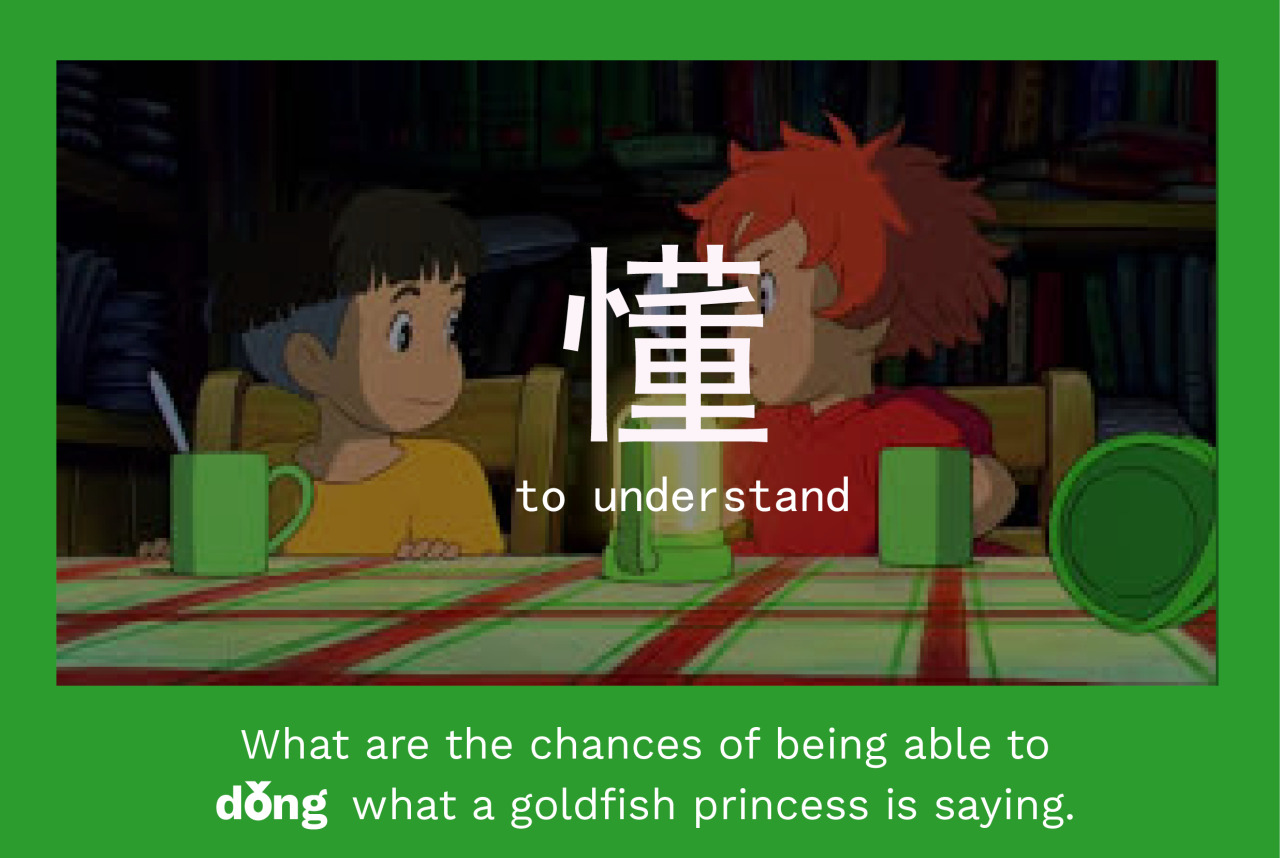
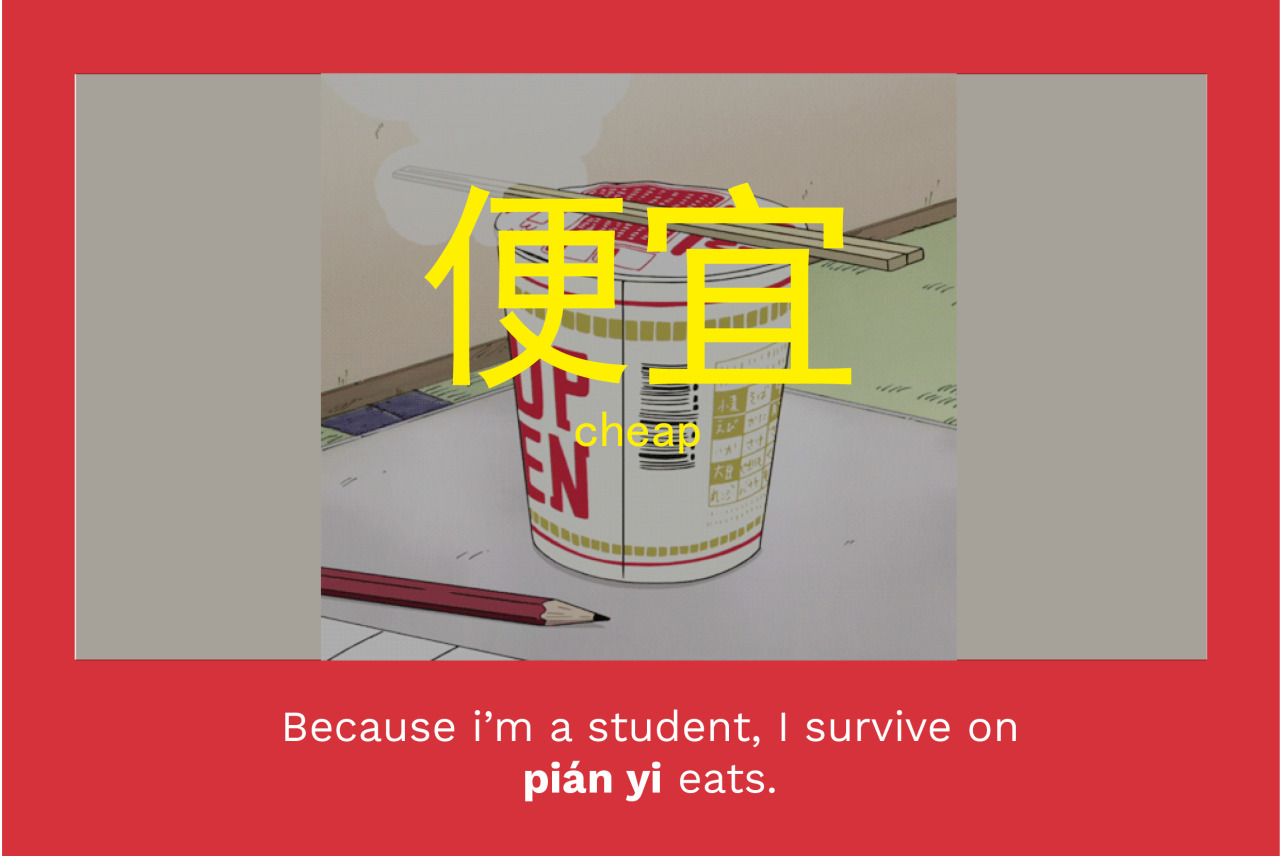
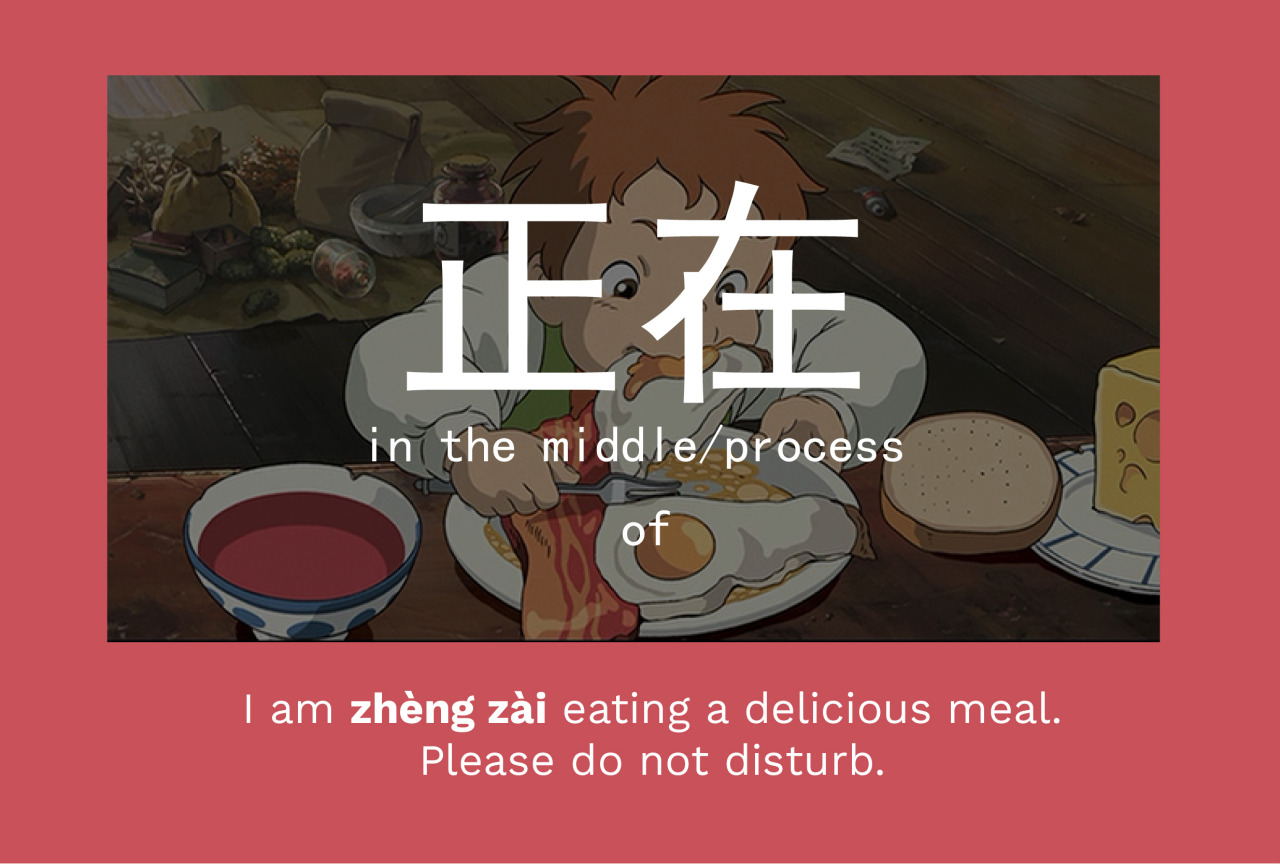

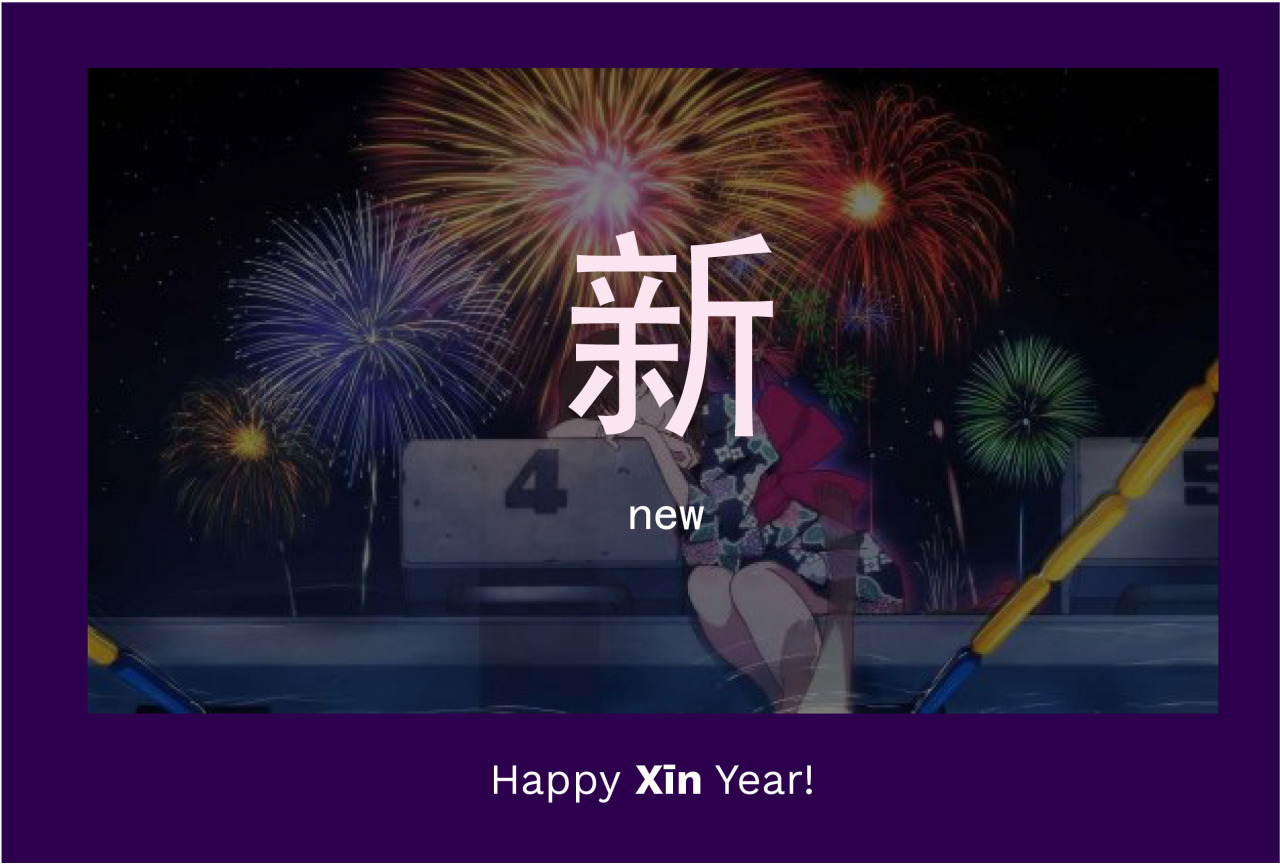

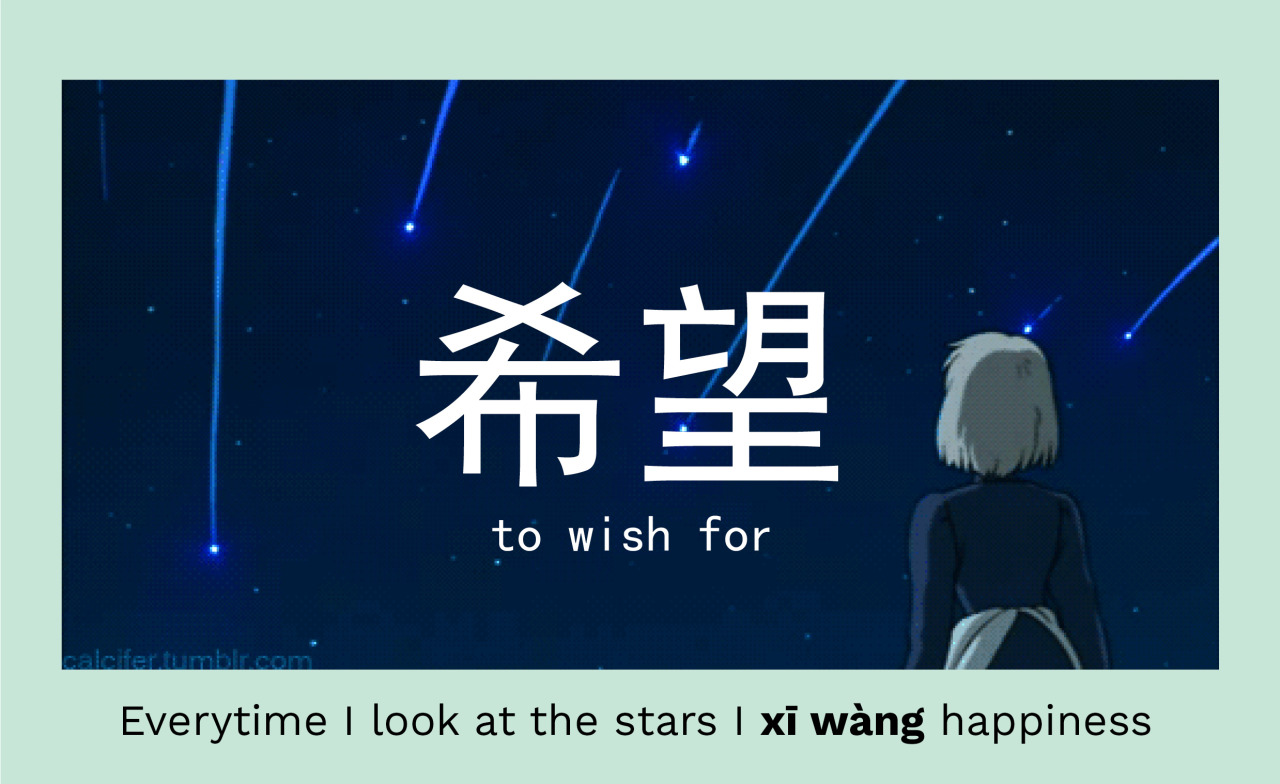
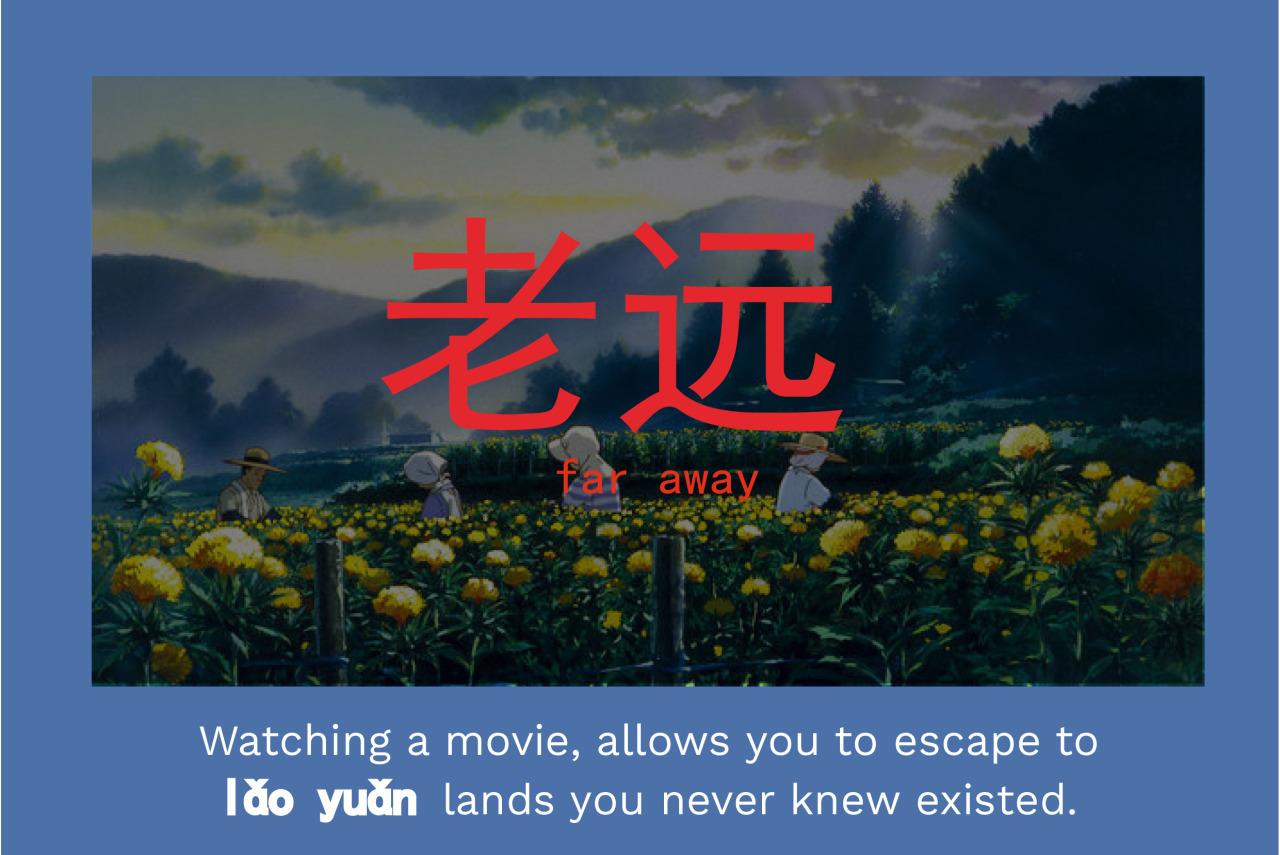

I will be doing the same for my korean vocab under the K-SERIES!
復仇者聯盟 - Fùchóu zhě liánméng - Avengers
鋼鐵人 - Gāngtiě rén -Iron Man
驚奇隊長 - Jīngqí duìzhǎng - Captain Marvel
美國隊長 - Měiguó duìzhǎng - Captain America
绿巨人 - Lǜ jùrén - Hulk
奇異博士 - Qíyì bóshì - Doctor Strange
蜘蛛人 - Zhīzhū - Spider-Man
索爾 - Suǒ ěr - Thor
黑寡妇 - Hēi guǎfù - Black Widow
洛基 -Luò jī - Loki
黑豹 - Hēi bào - Black Panther

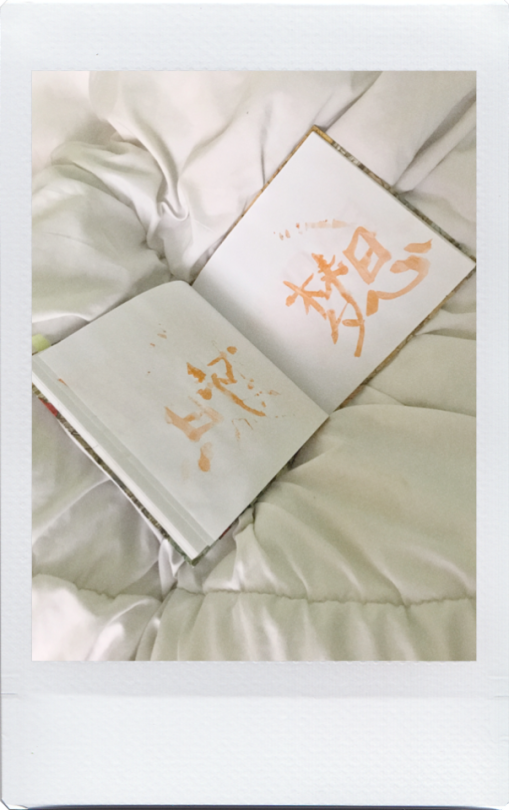
梦想 - a dream
my dream is also orange
i think it’s so aesthetic the way it is
艺 = yì = skill, art
So there’s two sides to this character — skills and arts — but they’re somewhat similar related.
艺术 (yì shù) is art itself, so 艺人 (yì rén) is a performing artist, 艺术品 (yì shù pǐn) is a work of art and 艺术节 (yì shù jié) is an arts festival.
When you move over to the skills, you get words like 厨艺 (chú yì) cooking skills, or 园艺 (yuán yì) gardening… but in truth, aren’t those a kind of art too?With a bit of 才艺 (cái yì) talent and some perseverance, you can 学艺 (xué yì) learn any skill or art. :)
Post link

character story:
When you take a grain ‘ of rice from the heavy 禾 화 rice seedling, it will spring back to shape and you will have 米 미 rice to eat.
This is a radical.
Study vocab here!
*can add 하다 to make a verb form
Vocab:
米色 미색 pale yellow
白米 백미 white rice
一般米 일반미 normal rice
政府米 정부미 state held rice
玄米 현미 brown rice
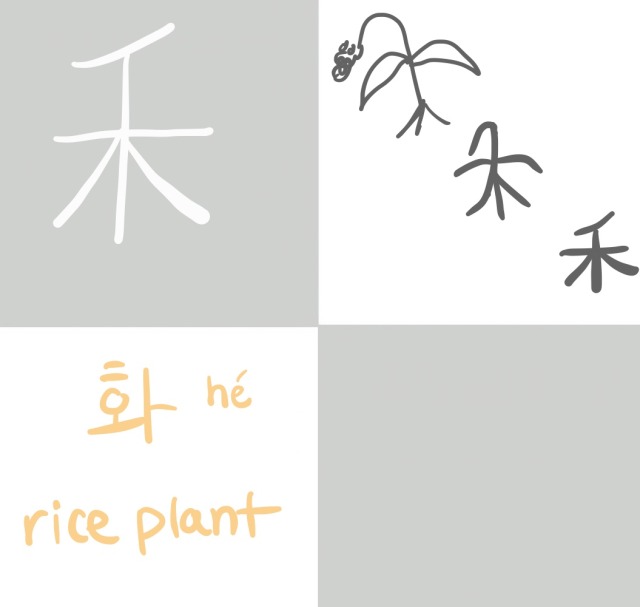
character story:
This character simply mimics the shape of a heavy headed rice seedling, as seen in the picture above! When the rice would start growing, the poor stem would droop (unlike the rice being feasted upon in harvest moon…)

This is a radical.
Study vocab here!

character story:
Tobury something properly, you need to dig up as much 土 토 earth as the 里 리 village is tall.
Study vocab here!
Vocab
埋立 매립* land reclamation (sea) ; landfill
埋葬 매장* entomb burial
埋藏 매장* be buried under
埋築 매축* land reclamation (from water)
*can add 하다 to make a verb form
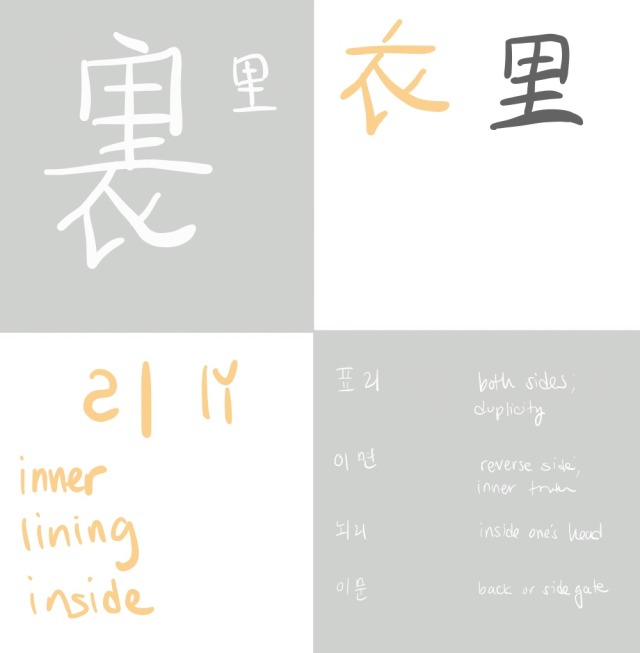
character story:
You take off your 衣 의 clothes only safely insideyour 里 리 village.
Study vocab here!
Vocab:
腦裏 뇌리 inside one’s head
裏面 이면 reverse side; inner truth
裏門 이문 back or side gate
表裏 표리 both sides; duplicity
*can add 하다 to make a verb form

character story:
The 王왕 king manages the 里리 village with reasoningandorder.
Study vocab here!
vocab:
理,致 이치 good reason, principle
一理 일리 some reason, truth
理由 이유 cause; reason
原理 원리 (underlying) principle
理論 이론 understanding
合理的 합리적 theory
推理 추리* reasoning; inference
無理 무리* overwork; unreasonable
理性 이성 reasoning power
窮理 궁리* deliberation
心理 심리 psychology
生理 생리 physiology
論理 논리 logic
理念 이념 ideology
理想 이상 an ideal
眞理 진리 truth
道理 도리 duty; propriety
義理 의리 sense of duty; loyalty
非理 비리 wrongdoings
地理 지리 geography
攝理 섭리 providence
管理 관리* administration management
處理 처리* management handling
整理 정리* arrangement settlement
國務總理 국무총리 prime minister
理 리 reasoning, principle manage order
理事 이사 director
代理 대리 proxy
經理 경리 accounting
修理* 수리* repairs remodel
料理* 요리* cooking
理 理髮 이발* haircut hairdressing
*can add 하다 to make a verb form

character story:
Thevillage is made from 田전 fields cultivated on the 土토 earth.
Study vocab here!
Vocab:
里 리 distance measure ; village
千里萬里 천리만리 a long distance

character story:
The king’s 林 림 forest can only be 示 시 seen, it is forbidden to enter.
Study vocab here!
Vocab:
禁 금 prohibit
禁,忌 금기 taboo
禁,物 금물 prohibited item
禁,煙 금연* prohibition against smoking
禁,慾 금욕* ascetic; celibate; abstinence
禁,酒 금주* abstinence from alcohol
禁,止 금지* prohibition
禁 금하다 to forbid
禁 嚴 엄금* strict prohibition
通 禁 통금 curfew
*can add 하다 to make verb
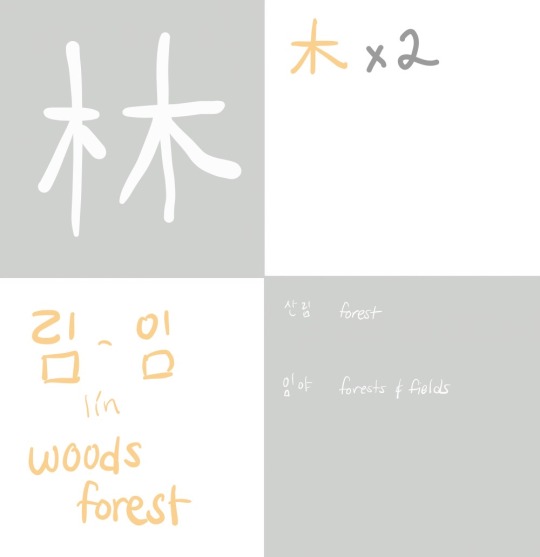
character story:
Where many 木 목 trees are gathered, we call it a forest!
Study vocab here!
Vocab:
林 림 forest
林山 산림 forest
林野 임야 woods and fields, forests and fields, forest land

character story:
To cut 麻 마 hemp (a very strong fiber), you need a 石 석 stone in order to wear it out.
Study vocab here!
Vocab:
硏磨 연마* grinding polishing drilling practice abrasion
磨滅 마멸* abrasion wear and tear

character story:
This plant grows like a 林 림 forest even in your 广 엄 home….
Study vocab here!
Vocab:
麻 마 hemp; anesthetic
大麻草 대마초 hemp; marijuana
麻 痲藥 마약 drug
麻 痲醉 마취 anesthesia

character story:
未 미 still not a 女 여 woman, but a younger sibling or acquaintance.
Study vocab here!
Vocab:
妹 매 younger sister
妹,夫 매부 one’s sister’s husband; one’s brother-in-law
妹,男 남매 brother and sister ; one’s sons and daughters
妹,弟 매제 one’s younger sister’s husband, one’s younger brother-in-law

Character Story:
When you set up an 示 시/기 altar table with offerings on top, the spiritsorgods申 신 extend their reach to you.
Study vocab here!
Vocabulary:
女神 여신 goddess
woman x god
鬼神 귀신 ghost; demon
ghost x spirit
神靈 신령 divine spirit
spirit x spirit
山神靈 산신령 mountain god
神父 신부 Catholic priest (in address or in reference)
god x father
神學 신학 theology
god x study
神話 신화 myth
god x story
神秘 신비* mystery
god x secret
神奇하다 신기하다 to be marvelous
god x mysterious
神通하다 신통하다 to be extraordinary
god x communicate
神童 신동 child prodigy
god x child
精神 정신 mind; (human) spirit
spirit x spirit
정신적 mental; psychological
정신을 차리다 to come to one’s senses
神經 신경 nerve
spirit x to pass through
신경쓰다 to mind (something); to worry (about something)
신경질 nervous temperament
*can be used with 하다 to make a verb form.

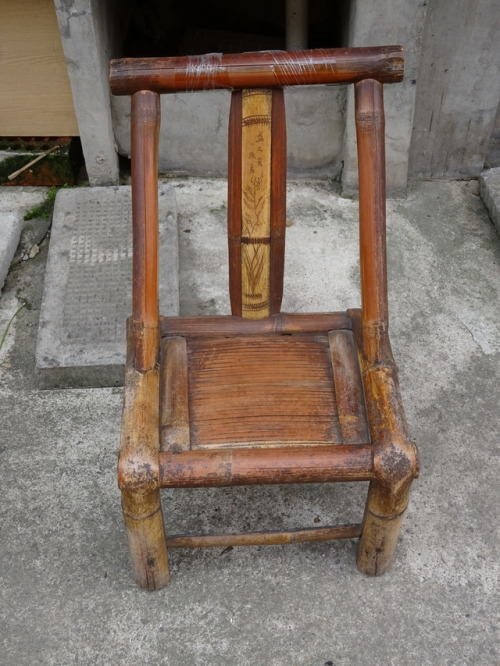
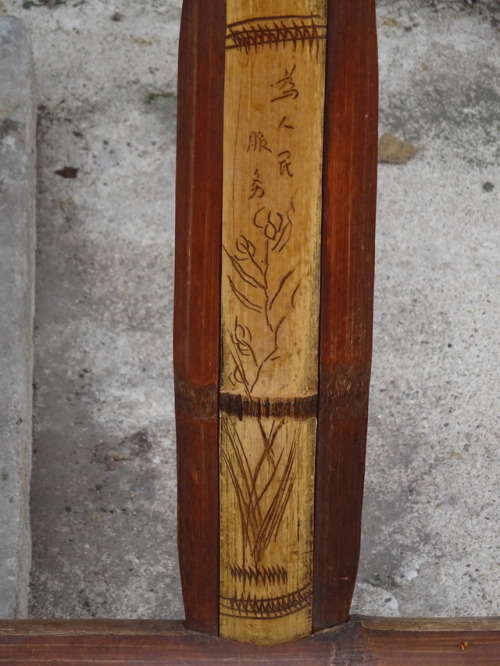
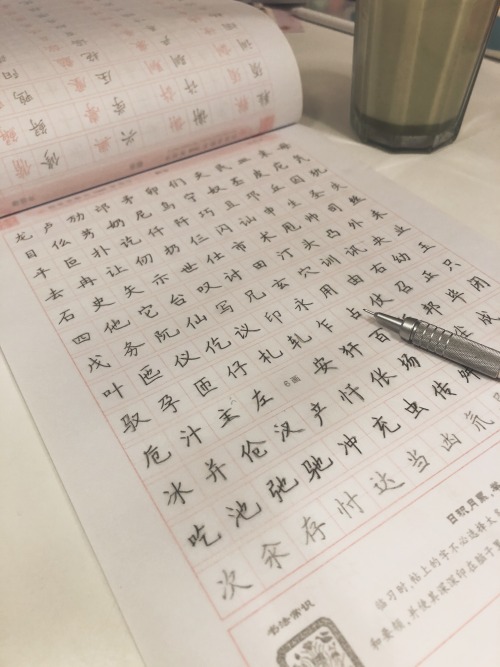
![[VIDEO] Study with me (click) [VIDEO] Study with me (click)](https://64.media.tumblr.com/d1152d3ef13dab113ef98eaa46ae6b3a/7465a77f2ce48447-4b/s500x750/c64b1efb43ae0cfe57c3edb5f9d71dcf66a2f8fb.jpg)
